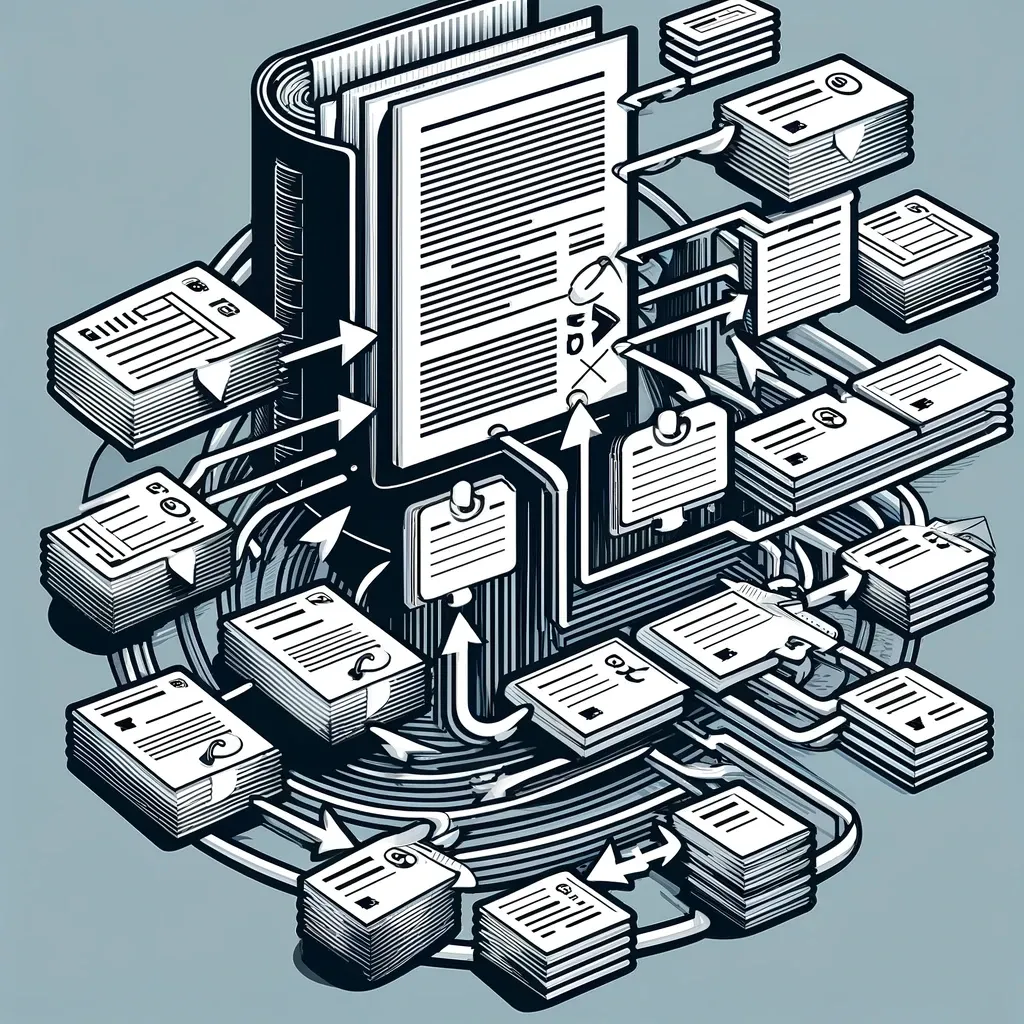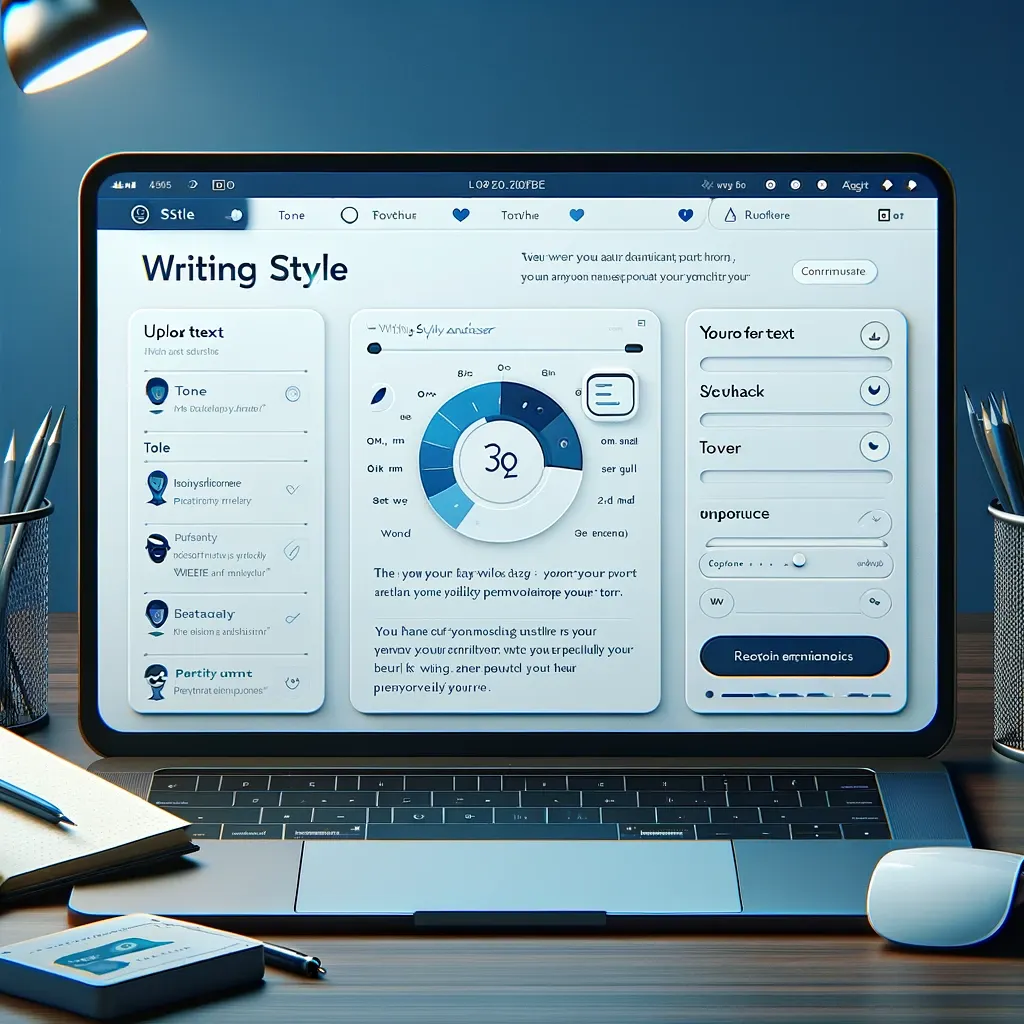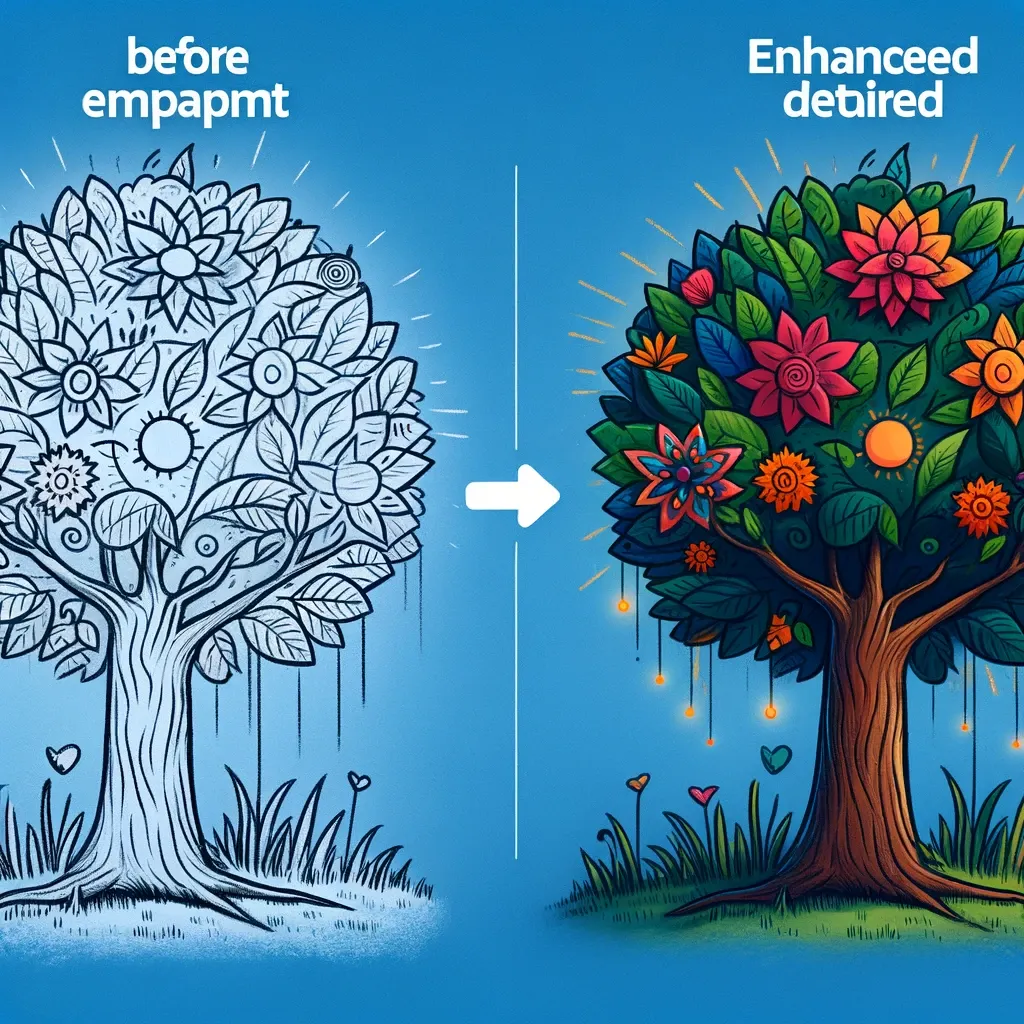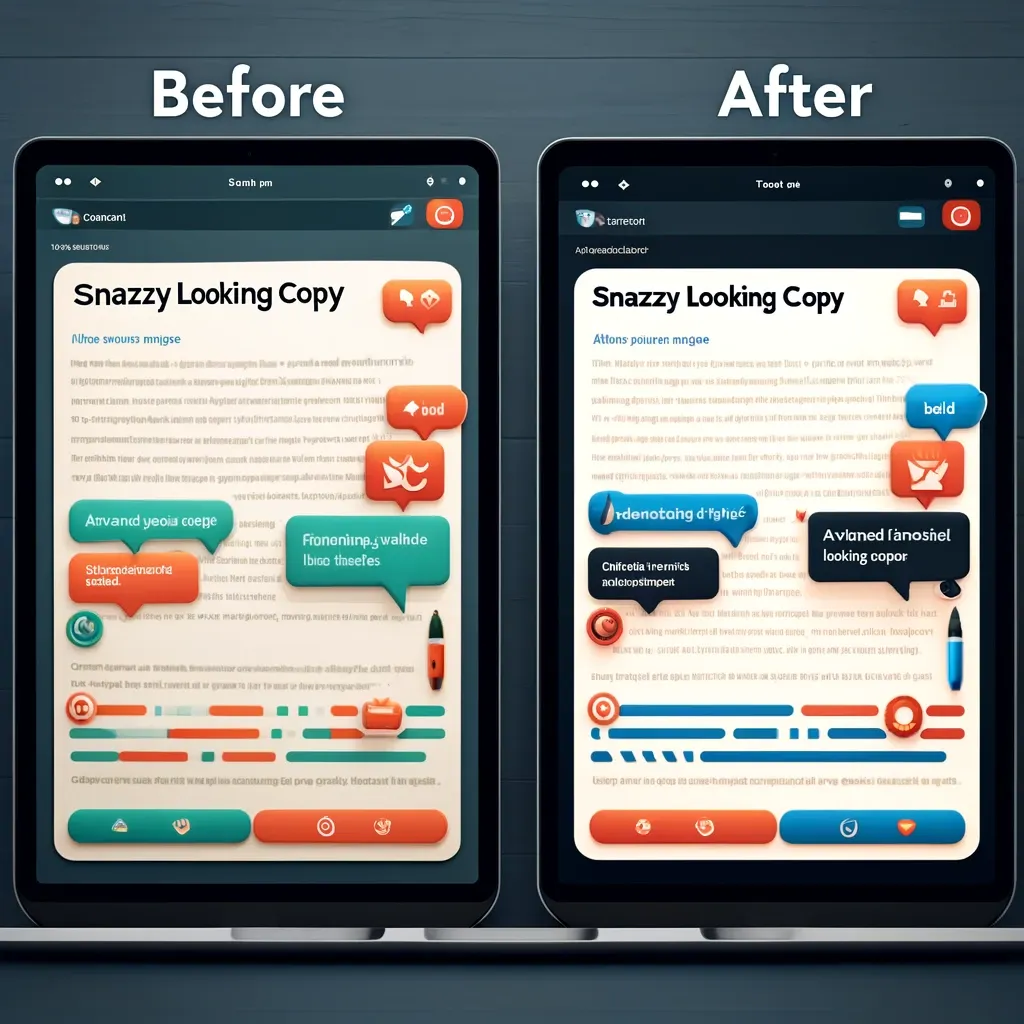Canonical Tags in Technical SEO: The Ultimate Guide for Intermediate Digital Marketers
Mastering Canonical Tags in Technical SEO 🌟
Canonical tags are a crucial part of technical SEO that help ensure your site is properly indexed and free from duplicate content issues. Understanding and effectively implementing canonical tags will significantly enhance your site's visibility and ranking. This guide delves into the benefits, tactics, and future trends of canonical tags, equipping you with the knowledge to master this essential SEO element.
Understanding Canonical Tags 📊
Canonical tags are HTML elements that help you specify the preferred version of a webpage. They inform search engines about which version of a page should be indexed, ensuring your content is not flagged for duplication.
Service: Search Engine Optimization (SEO)
Feature: Comprehensive SEO Audit and Strategy Development
Advantage: This process involves a detailed analysis of your current website and online presence to identify areas for improvement.
Benefit: By identifying and addressing these areas, your website will rank higher in search engine results.
Benefit of the Benefit: Higher rankings lead to increased visibility and traffic, resulting in more leads and sales for your business.
Key Benefits of Using Canonical Tags 🚀
1. Prevents Duplicate Content Issues
Benefit: Ensures your content is highly optimized for engagement and SEO.
Benefit of the Benefit: Optimized content significantly increases the likelihood of reaching and influencing your target audience, leading to increased brand awareness and authority.
2. Enhances Crawl Efficiency
Benefit: Targeted keywords will attract the right audience to your website.
Benefit of the Benefit: Attracting the right audience increases engagement and conversions, improving overall business performance.
Feature: On-page and Off-page SEO Optimization
Advantage: This includes optimizing website content and building quality backlinks.
Benefit: These optimizations enhance your website's authority and relevance in search engine algorithms.
Benefit of the Benefit: A more authoritative and relevant website ranks higher and earns trust from visitors, leading to better brand credibility and customer loyalty.
Implementing Canonical Tags: Best Practices 🔧
a. Use Absolute URLs
- Tactic: Always use absolute URLs rather than relative URLs in your canonical tags.
- Example:
<link rel="canonical" href="https://www.yourwebsite.com/preferred-page/">
b. Implement Site-Wide
- Tactic: Ensure canonical tags are properly implemented across all pages of your site to avoid unintentional duplication.
- Example: For product pages with similar content, each should have a canonical tag pointing to the main page.
Feature: Customized Keyword Research
Advantage: Tailoring keyword research specifically to your business ensures relevance and effectiveness.
Benefit: Targeted keywords attract the right audience.
Benefit of the Benefit: Increased likelihood of engagement and conversions improves overall business performance.
c. Regular Audits
- Tactic: Conduct regular SEO audits to check for errors in canonical tag implementation.
- Example: Use tools like Screaming Frog or SEMrush to identify and fix any issues promptly.
Avoiding Common Canonical Tag Mistakes 🚫
a. Pointing to Non-Canonical Pages
- Mistake: Pointing canonical tags to pages that are not the preferred versions can confuse search engines.
- Solution: Always ensure your canonical tags correctly point to the preferred page.
b. Inconsistent Canonical Tags
- Mistake: Inconsistencies in canonical tags across similar pages can lead to indexing issues.
- Solution: Maintain a consistent strategy for implementing canonical tags.
Feature: Regular SEO Reporting and Analysis
Advantage: Ongoing monitoring and reporting on SEO performance provide insights into progress.
Benefit: These insights allow for timely adjustments and continuous improvement of SEO strategies.
Benefit of the Benefit: Continuous improvement helps your business stay ahead of competitors in search engine rankings, ensuring long-term online success.
Real-World Examples 📚
Case Study: ABC Enterprises
ABC Enterprises faced duplicate content issues that hampered their SEO. By implementing effective canonical tags and regular audits, they saw a 50% reduction in crawl errors and a 30% rise in organic traffic within three months.
Service: Tailored Digital Marketing Solutions
Advantage: Providing marketing strategies specifically tailored to the home services industry ensures relevance and efficacy.
Benefit: Targeted keywords attract the right audience to their website.
Benefit of the Benefit: Increased engagement and conversions improve overall business performance.
The Future of Canonical Tags: Emerging Trends 🔮
a. AI and Machine Learning Integration
- Trend: AI and machine learning will help automate and optimize canonical tag implementation.
- Example: Google's Cloud Machine Learning tools can be used to customize and streamline content delivery.
b. Voice Search Optimization
- Trend: Optimizing content for voice search can improve its relevance and indexing.
- Example: Structured data and conversational keywords enhance voice search discoverability.
Benefit: Ensuring content is optimized for engagement and SEO significantly increases the likelihood of reaching the target audience.
Benefit of the Benefit: This leads to increased brand awareness and authority, helping your business stand out in the competitive digital marketplace.
Conclusion: Mastering Canonical Tags for SEO Success 📈
Optimizing your site with canonical tags is essential for avoiding duplicate content issues and ensuring efficient crawling. By implementing best practices and staying updated with emerging trends, you can enhance your website’s visibility and ranking.
Call to Action: Ready to optimize your canonical tags and boost your SEO? Discover Our Solutions 🚀
Mastering Indexation in Technical SEO: A Comprehensive Guide for Intermediate Digital Marketers





























